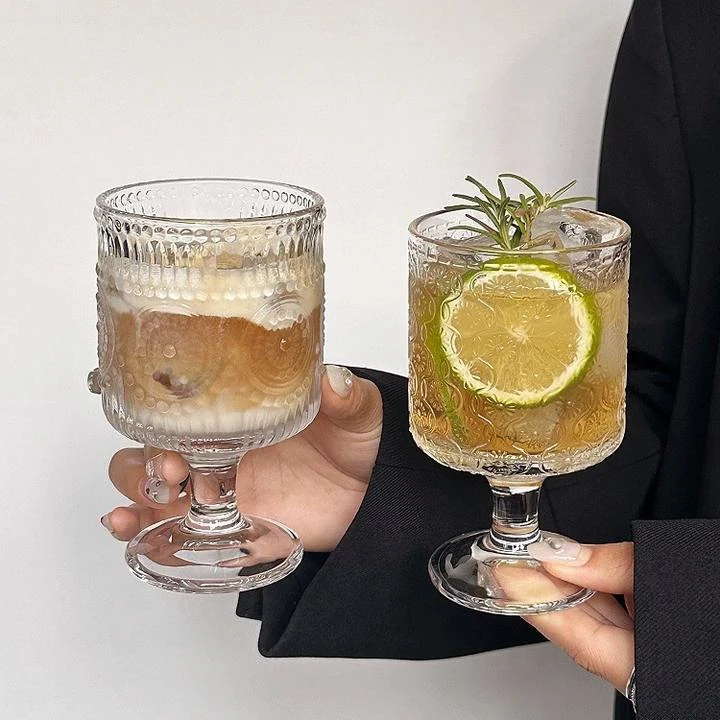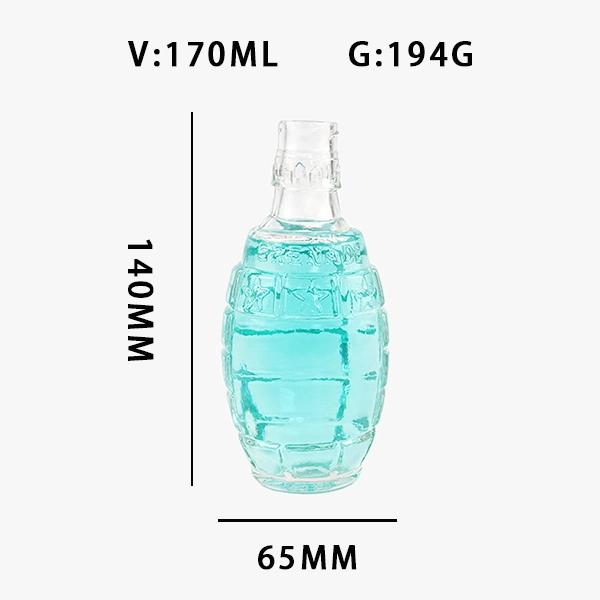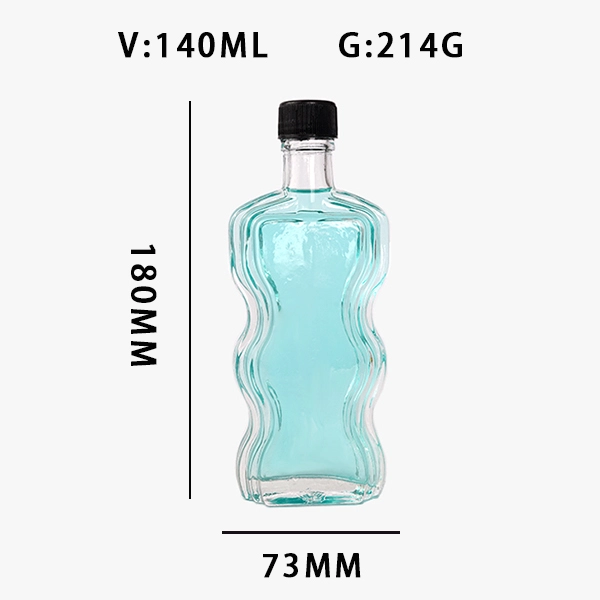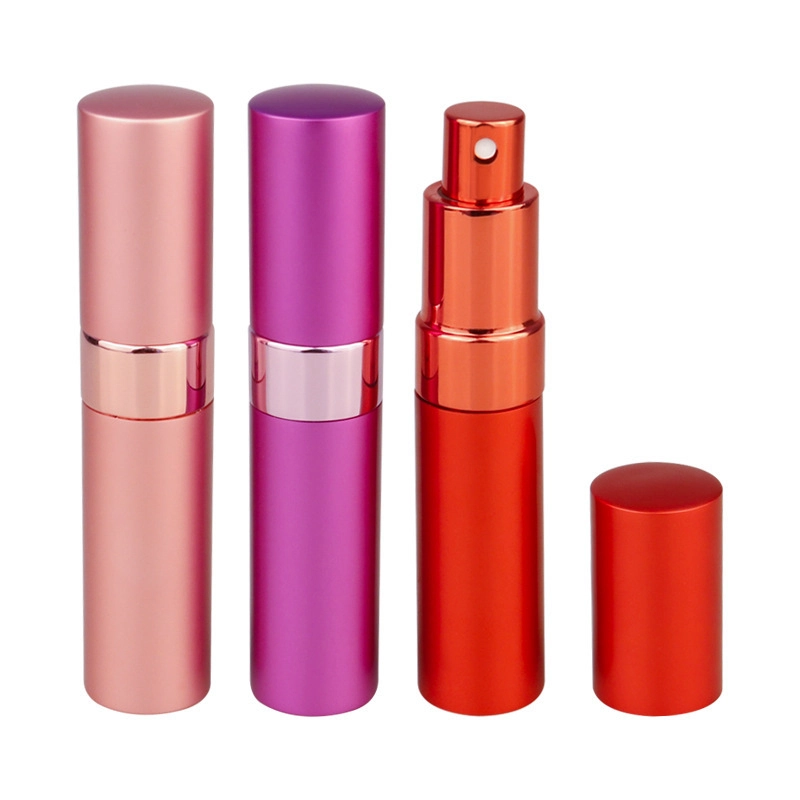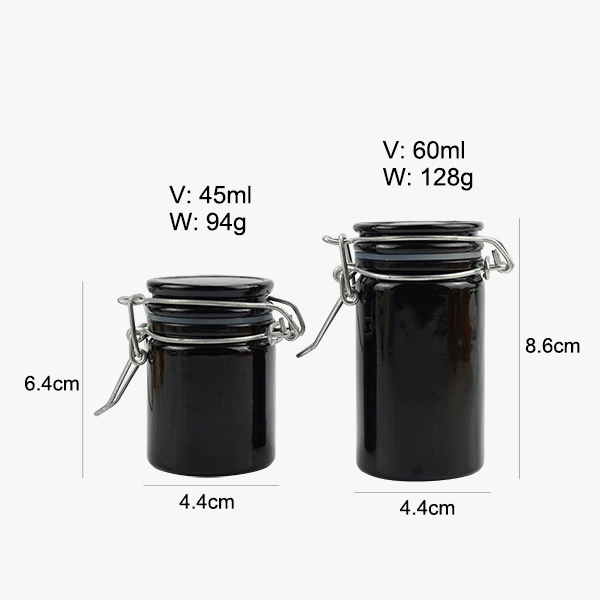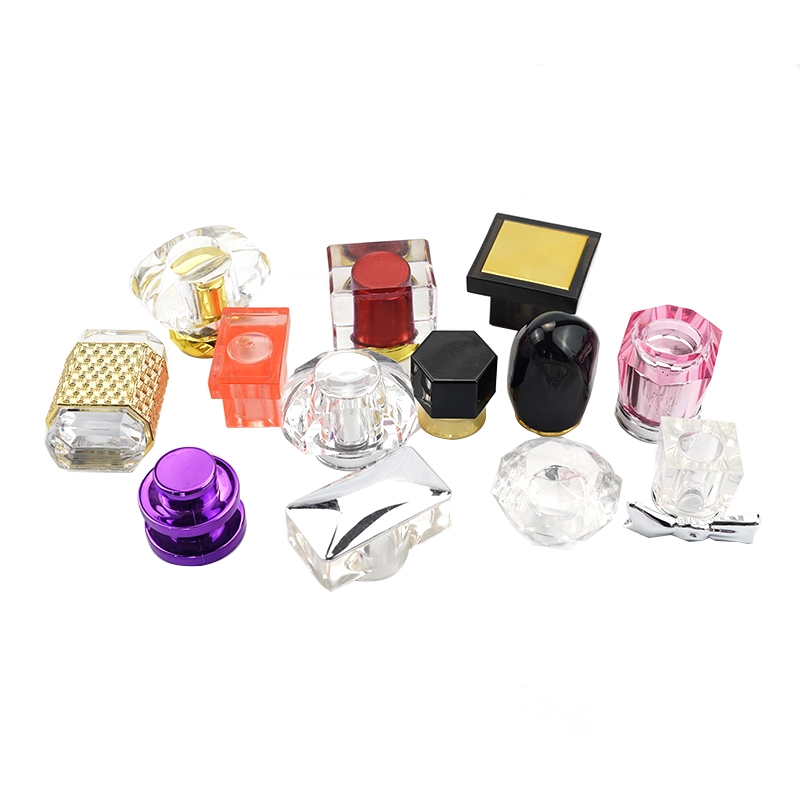
Part 1: Market Size and Growth
Rwanda’s glass bottle industry is still emerging, with most bottles imported from Kenya, Tanzania, and other regional producers. The demand for glass packaging is mainly driven by breweries, soft drink companies, and food processors.
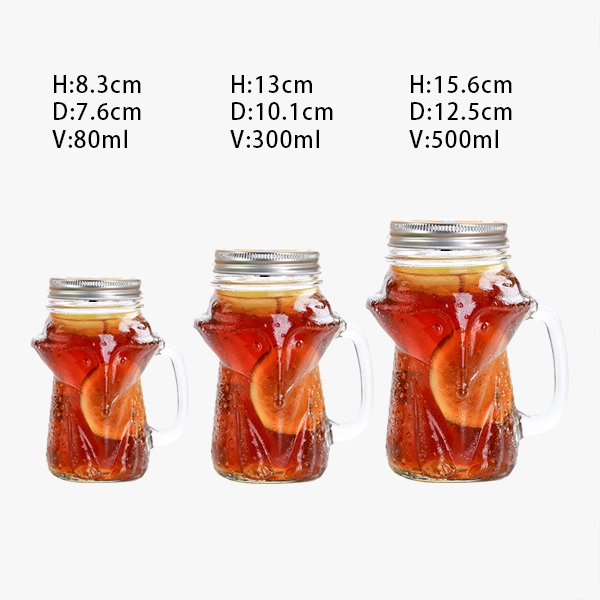
Beer, spirits, sauces, and cosmetics are the main sectors using glass bottles. Rwanda’s growing middle class and tourism industry increase demand for premium packaging. Sustainability and eco-friendly policies also encourage businesses to use glass instead of plastics.
The government’s focus on building local manufacturing capacity through the “Made in Rwanda” initiative has spurred discussions about future glass production investments. For now, imports dominate, but recycling and bottle reuse programs support growth.
Part 2: Leading Companies
Bralirwa Brewery Packaging Division
Bralirwa, Rwanda’s largest brewery and part of the Heineken Group, manages its own bottle recycling and reuse program. Founded in 1957, it produces popular beer brands like Primus and Mützig.
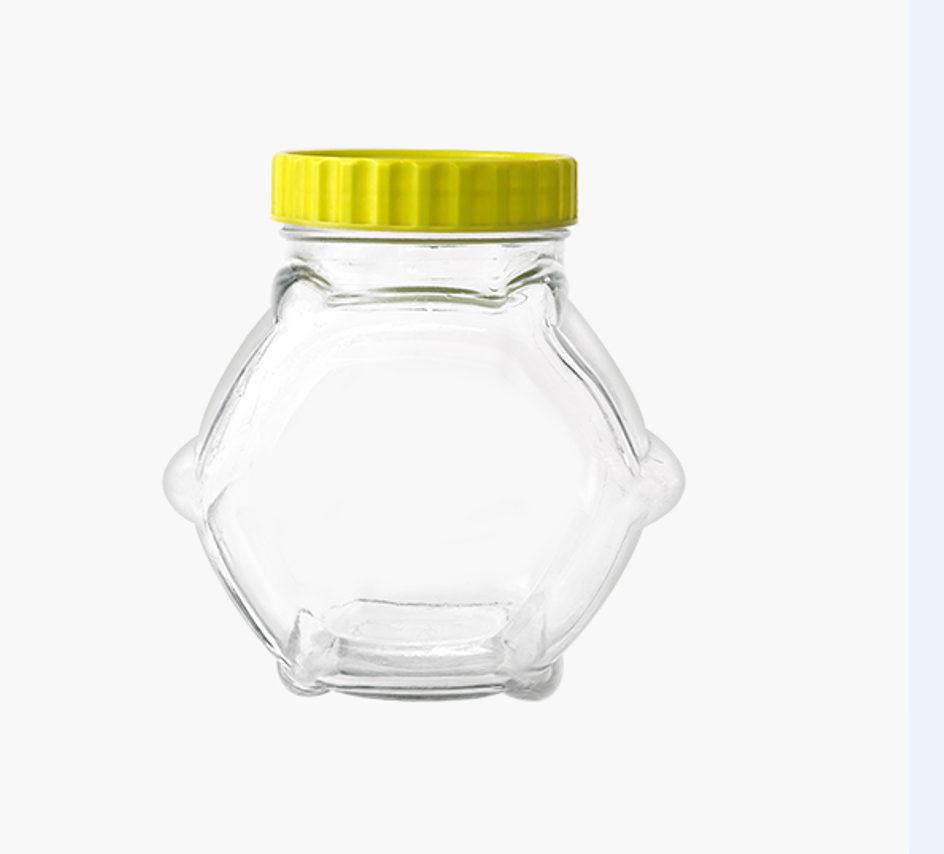
The company uses millions of bottles annually, collected, washed, and reused multiple times. Industries served include beer, soft drinks, and hospitality. Innovation lies in its closed-loop recycling model, which reduces waste and import dependency. Bralirwa complies with Heineken’s global packaging and sustainability standards.
Skol Brewery Packaging Division
Skol Brewery, established in 2010, is another major player in Rwanda’s beer industry. It imports bottles from regional suppliers but has also developed bottle collection and reuse systems.
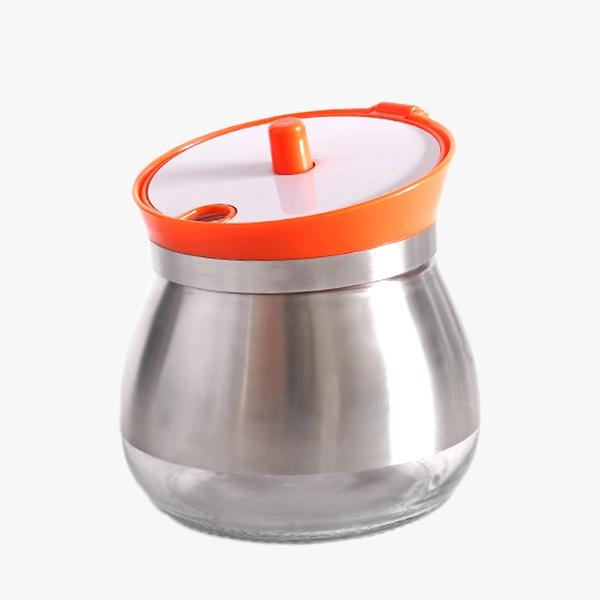
Its core products are beer bottles for local and regional markets. Industries served include brewing, hospitality, and tourism. The company’s innovation comes from lightweight bottle design and eco-friendly initiatives. Certifications include international brewing and packaging quality standards.
Kigali Packaging & Imports
Kigali-based distributors import glass bottles for food processors, spirit producers, and cosmetics companies.
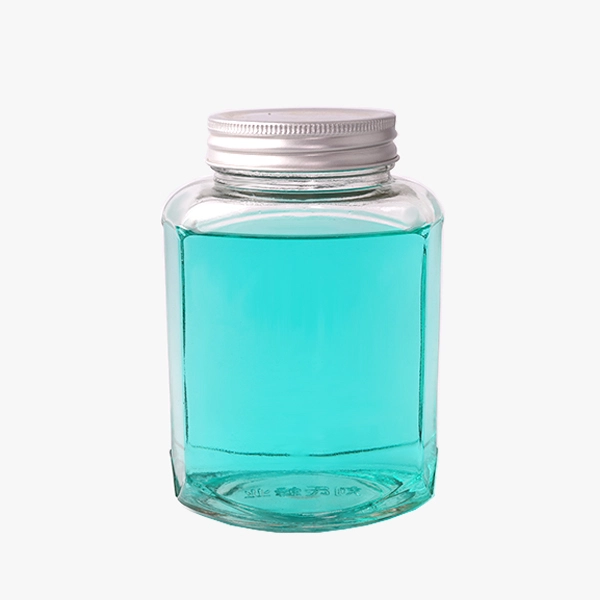
They supply jars, wine bottles, and perfume bottles. Industries served include gourmet food, artisanal beverages, and beauty products. Their strength is logistics and flexible orders for small businesses. Certifications depend on international suppliers, ensuring compliance with packaging standards.
| Company | Founded | Core Products | Industries | Certifications |
|---|---|---|---|---|
| Bralirwa Brewery | 1957 | Beer and soda bottles | Beer, soft drinks | Heineken global standards |
| Skol Brewery | 2010 | Beer bottles | Brewing, tourism | Brewing & packaging quality |
| Kigali Packaging & Imports | 2010s | Imported bottles | Food, cosmetics, wine | Supplier certifications |
Part 3: Trade Shows and Industry Events
Made in Rwanda Expo
This expo highlights local industries and manufacturers, including packaging. While most bottles are imported, the event showcases how Rwandan companies integrate glass packaging into their products.
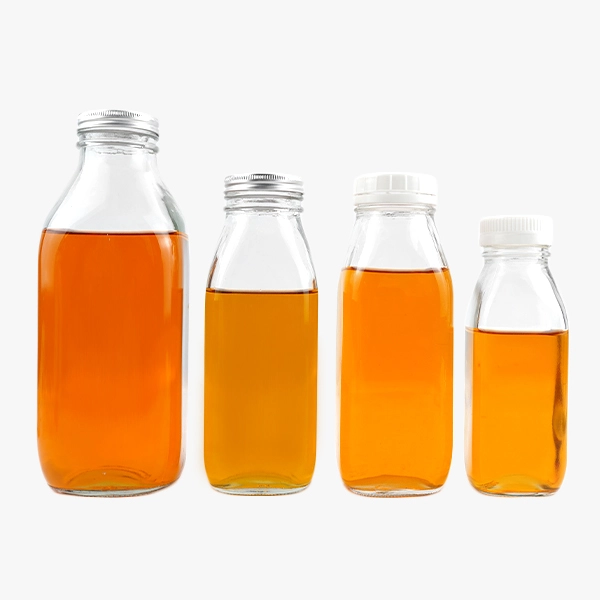
Highlights include sustainable packaging, food and beverage branding, and promotion of local production.
East Africa Packaging Exhibition
Held in Nairobi and attended by Rwandan businesses, this regional event covers packaging innovations, including glass bottles.
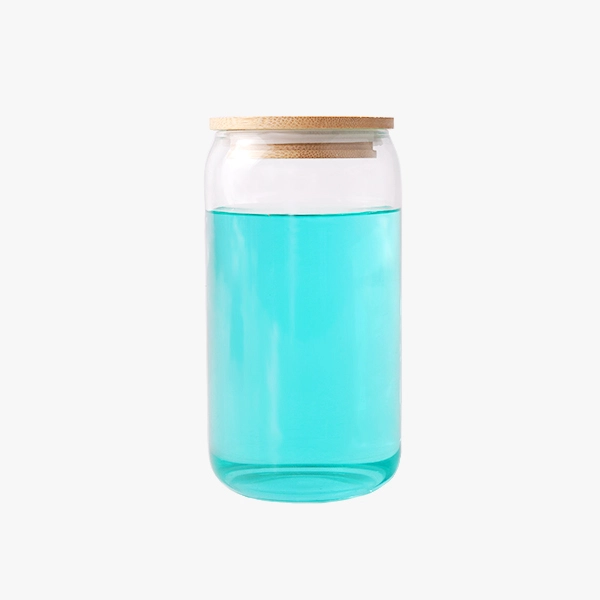
It provides Rwandan companies with access to regional suppliers and innovations in eco-friendly bottle designs. Highlights include networking, packaging machinery, and recycling solutions.
| Event | Date | Location | Highlights |
|---|---|---|---|
| Made in Rwanda Expo | Annual | Kigali, Rwanda | Local industries, sustainable packaging |
| East Africa Packaging Exhibition | Annual | Nairobi, Kenya | Glass packaging, recycling, trade |
Part 4: Impact of Global Trade Policies
Rwanda depends on imports for most of its glass bottles, so trade policies and regional agreements are critical. The East African Community (EAC) plays a major role in ensuring smooth trade with Kenya and Tanzania.
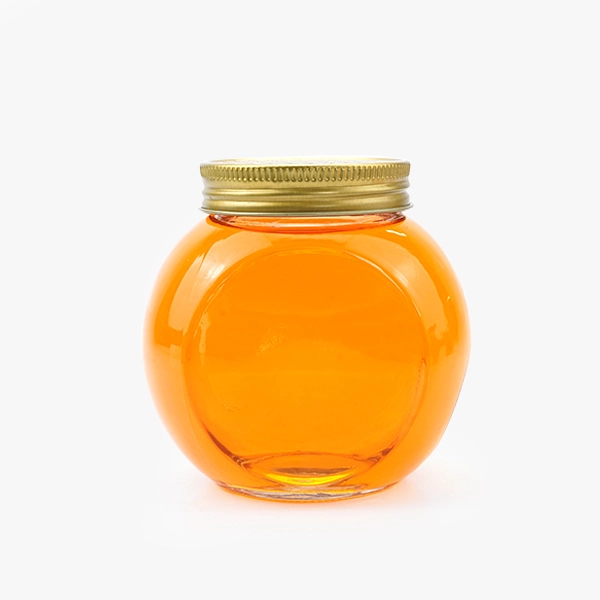
Global sustainability initiatives also influence Rwanda’s packaging sector. The government’s ban on single-use plastics has pushed businesses to adopt reusable glass bottles. This creates opportunities for local recycling initiatives and future investments in glass production.
However, reliance on imports exposes Rwanda to global shipping costs and supply chain disruptions, making recycling and reuse crucial strategies.
Part 5: Conclusion
Rwanda’s glass bottle sector is small but important for beer, beverages, food, and cosmetics. Breweries like Bralirwa and Skol lead the way with recycling and reuse programs, while distributors ensure supply for other industries. Tourism and eco-friendly policies continue to drive growth.
Challenges include reliance on imports and limited local production. However, opportunities exist in sustainability, regional trade, and future investments in manufacturing. With its “Made in Rwanda” vision, the country may expand into local glass production in the coming years.
Recommended Reading:
- Glass Bottle Manufacturers in Papua New Guinea
- Glass Bottle Manufacturers in Peru
- Glass Bottle Manufacturers in Nicaragua
- Glass Bottle Manufacturers in Namibia
- Glass Bottle Manufacturers in Panama
- Glass Bottle Manufacturers in North Korea
- Glass Bottle Manufacturers in Panama
- Glass Bottle Manufacturers in North Korea
Glass spray bottles 500ml Manufacturers
200ml 290ml Clear Glass Juice Bottle With Plastic lid
64 oz Clear Amber Glass Growler Wholesale
Small Rollerball Perfume Bottles With Aluminum Caps 3ml 6ml 12ml

